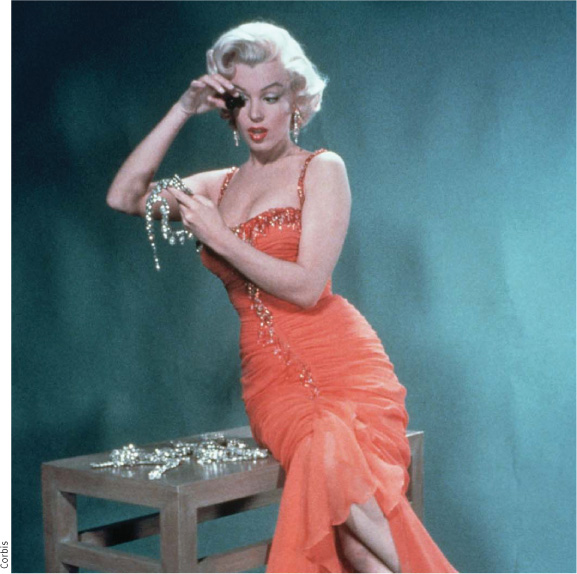Monopoly
13
The significance of monopoly, where a single monopolist is the only producer of a good
How a monopolist determines its profit-
maximizing output and price The difference between monopoly and perfect competition, and the effects of that difference on society’s welfare
How policy-
makers address the problems posed by monopoly What price discrimination is, and why it is so prevalent when producers have market power
!worldview! EVERYBODY MUST GET STONES

A FEW YEARS AGO DE BEERS, THE world’s main supplier of diamonds, ran an ad urging men to buy their wives diamond jewellery. “She married you for richer, for poorer,” read the ad. “Let her know how it’s going.”
Crass? Yes. Effective? No question. For generations diamonds have been a symbol of luxury, valued not only for their appearance but also for their rarity.
But geologists will tell you that diamonds aren’t all that rare. In fact, according to the Dow Jones-
Why do diamonds seem rarer than other gems? Part of the answer is a brilliant marketing campaign. (We’ll talk more about marketing and product differentiation in Chapter 15.) But mainly diamonds seem rare because De Beers makes them rare: the company controls most of the world’s diamond mines (including the Snap Lake Mine in the Northwest Territories and the Victor Mine in Ontario) and limits the quantity of diamonds supplied to the market.
Up to now we have concentrated exclusively on perfectly competitive markets—
Perfect competition and monopoly are particular types of market structure. They are particular categories in a system economists use to classify markets and industries according to two main dimensions. This chapter begins with a brief overview of types of market structure. It will help us here and in subsequent chapters to understand on a deeper level why markets differ and why producers in those markets behave quite differently.